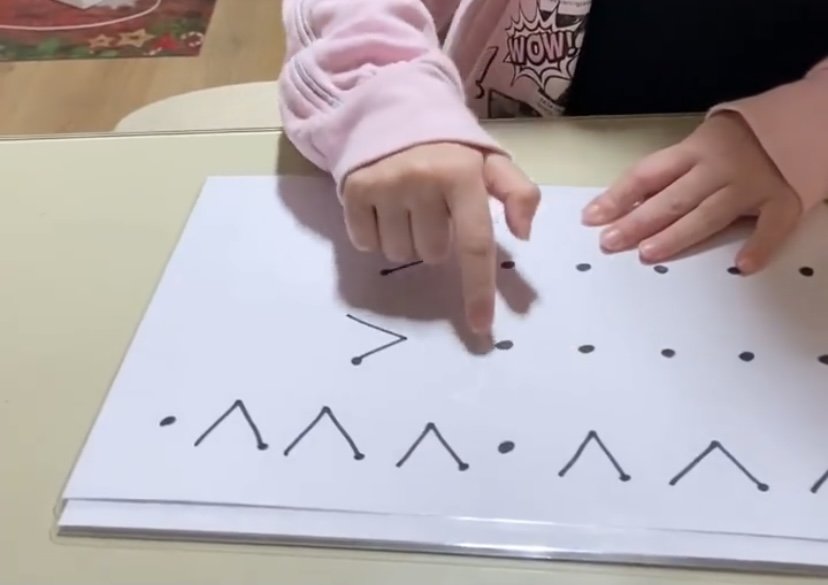Expose children to classical music from an early age
WHY LISTENING TO CLASSICAL MUSIC FROM AN EARLY AGE IS BENEFICIAL AND HOW WE CAN EXPOSE OUR CHILDREN TO CLASSICAL MUSIC EFFECTIVELY.
by Tonia Polykarpou
Music and music lessons are beneficial to everyone. Many studies, have shown that learning music improves cognitive ability and development, enhances confidence and self-esteem, improves language, reading and learning skills and also acts beneficial to mental health and well-being of children. A new study claims that students who listen to classical music during lectures, studying or while they sleep will perform better in exams.

Children who learn to listen and appreciate classical music at a young age will also learn to appreciate a wider range of music when they grow, another study reveals.
Having the knowledge from all these studies and research, music teachers and parents should put children into classical music from an early age. The sooner a child gets used to listen to classical music the better.
What about children who come to us for piano lessons and they haven’t used to listen to classical music?
Well, most children have heard at least a few classical works and I’m pretty sure they liked it. Generations of kids grow up watching cartoons and movies that use classical music. They definitely don’t know the pieces by name and who composed them, but they have heard them and this gives us, as teachers, the opportunity to refresh their memory.
We should introduce them to well-known classical pieces. We should spend some time every week or every month to get them in touch with classical masterworks, to teach them the titles and the composers. Depending on the age of the student we should talk about music eras or/and about the composers’ lives.
Give the opportunity to your students to listen to classical music often.
Don’t force them to listen to any music they don’t like. Pay attention to your student’s preferences and find classical pieces that are close to his music style.
This is how they will eventually have a positive reaction to classical music.
I created two posts with my top lists of classical works. Read the posts here:
Top List With Classical Masterworks You Should Listen To
Top 15 Classical Piano Pieces You Should Listen To
How to introduce classical music to your students
Choose one classical piece at a lesson. Introduce them the music only for a few minutes, they don’t have to listen to the whole classical work if it’s long. If they are not used to classical music they might get bored. A little bit more day by day is good enough. There are activities you can do with your students to keep their interest longer while they are listening to classical music. These activities will help children concentrate on the music for a longer period of time without getting bored.
Suggested activities:
- Ask your students to draw something while they are listening to a music piece. Let the music lead their hand to draw whatever their imagination and the music takes them.
- Tell them a few words about the composer of the piece you chose to listen to. Then give them a drawing of the composer and ask them to color the drawing while listening to the music.
- Ask them to listen to the music and while they are listening ask them to imagine a story. Then they will tell you the story with the music in the background.
- Dance with the music. Dancing is freedom and music helps children express themselves.
- Work with a musogram. If you haven’t heard about it before check this video and read this post.

- You may also want to check my new Badinerie-Bach musogram .
- Watch interesting or funny videos with classical music:
The Top 6 Classical Music Videos For Children The Top 6 Cartoons With Classical Music
via: https://musicteachinginspirations.com/
